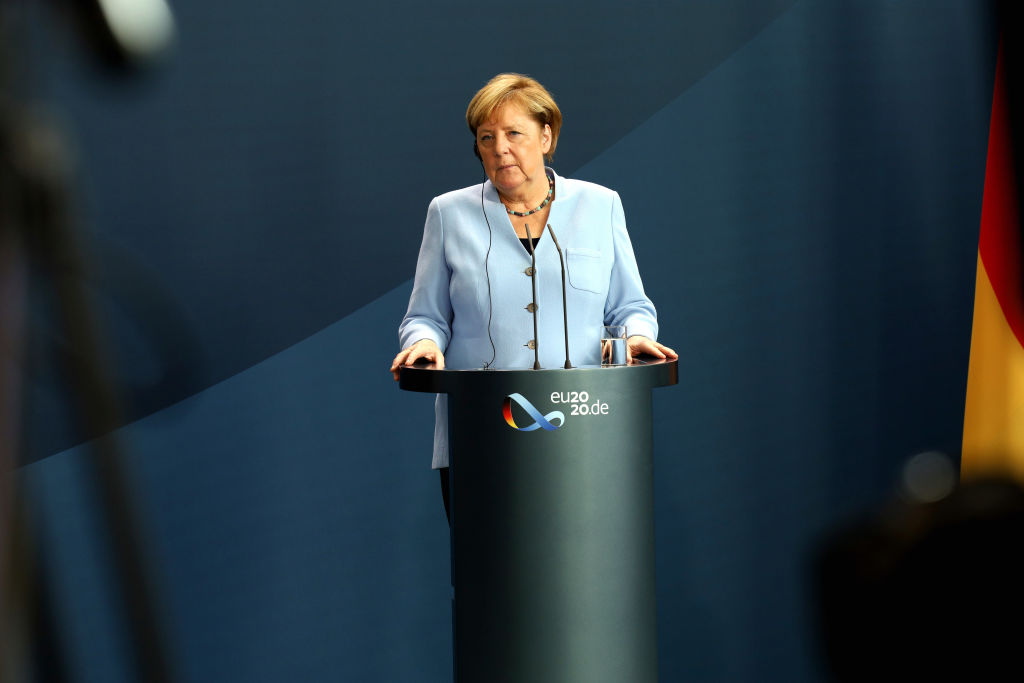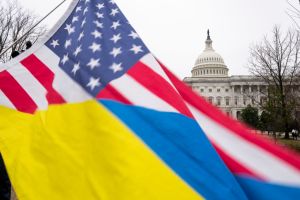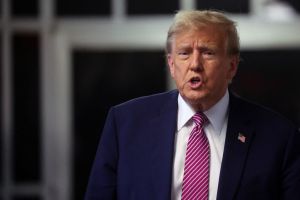German Chancellor Angela Merkel has confirmed that tests showed ‘unequivocally’ that Russian dissident Alexei Navalny was poisoned by a military-grade novichok nerve agent. Germany became involved in the affair when Navalny was transported to the Charité hospital in Berlin two weeks ago. But, while Berlin decided to reveal the test result and called on the Russian government to provide answers about what happened to Navalny, this could easily become a typical case of German diplomacy.
Critics of the government in Germany like to call its actions on the international level ‘zahnlos’, which can be translated as ‘toothless’ — its actions lack teeth to hurt another power, or at least leave a bite mark. So far, Merkel has only planned to consult with the European Union and Nato allies to formulate a response in the coming days, but there is this feeling that declarations are all Germany can deliver when it has to deal with the superpowers of the world.
Merkel has always considered Germany to be a diplomatic middle-power that is a bridge between the West and some of the controversial partners in the East, particularly Russia and Turkey. Vladimir Putin himself has an affiliation with Germany from his days as a KGB agent in Dresden in the 1980s. He speaks German fluently and follows German politics quite closely. Putin knows how important Germany is economically as well as diplomatically in Europe.
An argument can be made that one political incident, like the poisoning of Putin’s most prominent critic, should not be enough for Germany to put heavy sanctions on Russia or even start ramping up military activities in border regions. However, this is not the first incident. It is the last in a long line of Russian actions against political opponents and violations of human rights standards. Keep in mind, the novichok nerve agent is from the same family of nerve agents that was used to poison Sergei Skripal and his daughter Yulia in Salisbury in 2018. If it is indeed proven that Putin and the Kremlin or a branch of the security services were behind the attack on Navalny, then a signed paper condemning Moscow is not enough.
The unfortunate truth is that even Germany, the most powerful and resilient economy in Europe, has its needs. Its economic success heavily depends on trade, with goods to the value of €21.5 billion ($25.4 billion) being exported to Russia and goods to the value of €30 billion ($35.4 billion) being imported from Russia per year. Under current circumstances, Germany is probably not able to sanction Russia by cutting off trade relations.
[special_offer]
That being said, Merkel now faces pressure from within her own Christian Democratic party to drop support for the controversial Nord Stream 2 gas pipeline, that connects Ust-Luga in Russia to Greifswald in Germany. Norbert Roettgen, head of the German parliament’s foreign affairs committee and leader of the anti-Merkel camp among Christian Democrats, said the Nord Stream 2 pipeline needs to be stopped because completing it would reward rather than punish Putin. ‘Diplomatic rituals are no longer enough,’ he stated on Thursday. ‘The only language Putin understands is money and gas.’
The Nord Stream 2 consortium is led by Russia’s Gazprom. The group has invested close to €8 billion ($9.5 billion) so far on the 745-mile pipeline. Even before the Navalny poisoning, there were calls from the US and Putin critics in Europe to stop its completion, as the project would create a new level of dependency between Central Europe and Russia.
Merkel, however, was quick to decouple the status of Nord Stream 2 from the attack on Navalny, even before a special German armed forces laboratory confirmed his poisoning with novichok. She said that the project is a joint Russian-European economic venture and linking it to the Navalny case ‘isn’t appropriate’. It seems that once again German diplomacy will consist of words and public outrage but not much else.
This article was originally published onThe Spectator’s UK website.


















